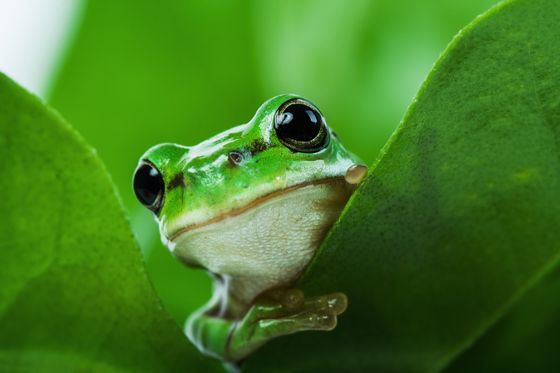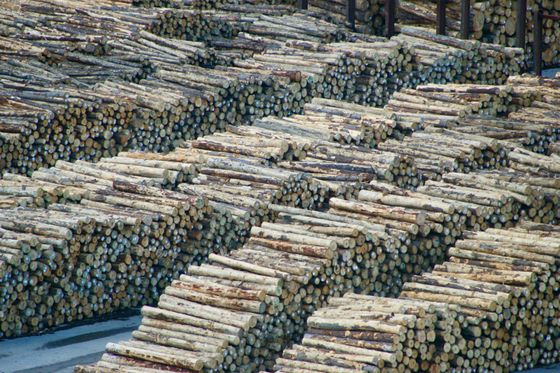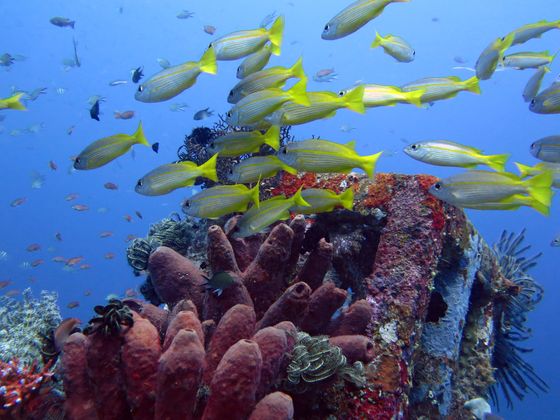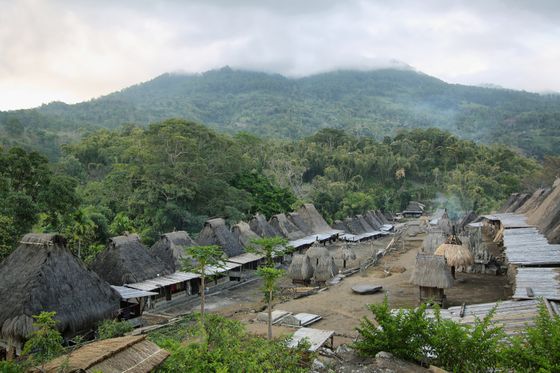A report is announced that 'one million species of animals and plants are in danger of extinction because of humanity'

By
From Japan, the Ministry of the Environment participates in an intergovernmental organization on environment, “The Intergovernmental Science on Policy and Biodiversity and Ecosystem Services (IPBES), ” at the international conference in Paris on May 6, 2019. We published a report that one million species of animals and plants are in danger of extinction due to human activities.
IPBES Global Assessment Summary for Policymakers (PDF) | IPBES
https://www.ipbes.net/news/ipbes-global-assessment-summary-policymakers-pdf
Media Release: Nature's Dangerous Decline 'Unprecedented'; Species Extinction Rates 'Accelerating' | IPBES
https://www.ipbes.net/news/Media-Release-Global-Assessment
The UN's devastating extinction report, explained in 5 charts | Popular Science
https://www.popsci.com/un-extinction-report-stats-climate
The report published by IPBES is entitled 'Global Survey on Biodiversity and Ecosystem Services ' and consists of 145 experts and 310 collaborators from three countries, each with 145 experts from 50 countries. In the past 50 years of change has been assessed. The report, with 1,500 pages, was presented at the 7th IPBES General Assembly held in Paris on its abstract version.
In his presentation, IPBES President Robert Watson emphasized that ecosystem degradation is rapidly progressing, and that ecosystems are “rapidly unprecedented,” “the loss of biodiversity is It erodes the foundations of the economy, food security, health and quality of life all over the world. ' The report included an analysis of the crisis, as well as a human-led approach.
◆ About the species
There are an estimated 8 million species of organisms on earth. But in the coming decades, it is likely that 12.5% of the 8 million species, 1 million will be extinct. About 40% of amphibians , coral reefs, and 33% of mammals that inhabit the sea, such as sharks and whales, and about 25% of all flora and fauna species being studied and classified may be extinct.

By
◆ About the forest
Only 70% of the forest that existed before the industrial revolution of the late 18th century is left on the earth. Tropical forests are areas with an area of less than 10% on earth, but more than 50% of the terrestrial organisms present on the earth inhabit. In the tropics with tropical rainforests, more than 100 million hectares of forests were harvested for agriculture between 1980 and 2000.

By
It also harvests 42 million hectares for grazing in Latin America and 6 million hectares in palm oil farms in Southeast Asia.
◆ About marine life
While the fishery benefits from the sea, humans are affecting the sea. Thirty-three percent of the current fisheries are unsustainable, and 60% are fished to the full sustainable limit. Only 7% of fisheries can increase their catch in the future.

By
Since the 1870s, more than half of the world's coral reefs have been killed by global warming and bleaching by agricultural and industrial drainage. Explosive growth of algae is caused, oxygen concentration in the water is reduced, and there are 400 water areas called 'dead zones' that can not survive for most marine organisms. Dead zones are the result of industrial fertilizers flowing into the sea.
◆ About the earth
Humans make use of three quarters of all land on earth and less land is available. A third of the world's land will be used for agriculture, and the growth rate of urban areas since 1992 will double and by 2050 a new 25 million km road will be built.

By dpreezg
◆ About indigenous people
Indigenous natural protected areas 40%, live in almost 37% of the area of untouched, about one-third of the area of Looking at the whole world but not in the natural protected areas. The area where indigenous peoples live is 50% less deforested than other areas, and the deterioration of biodiversity is also slow. Indigenous people's knowledge is said to help prevent destruction of nature, but the area where indigenous peoples live is said to be decreasing year by year.

By estivillml
◆ Summary by IPBES
According to IPBES, the following efforts will reduce the number of animal and plant extinctions.
• Protect plant and animal species and reduce food waste.
• Incorporate ecological knowledge into the management of the fishery to keep the sea clean.
・ Reduce marine runoff such as industrial waste and increase freshwater savings.
・ Carry out greening activities in urban areas.
Mr Watson said, “If you do 'a radical reform', nature can be protected, restored and made sustainable. Such reforms are likely to be opposed by the vested interests, but the broader public benefit In order to do that, we should overcome such opposition. ”
Related Posts:
in Creature, Posted by darkhorse_log







